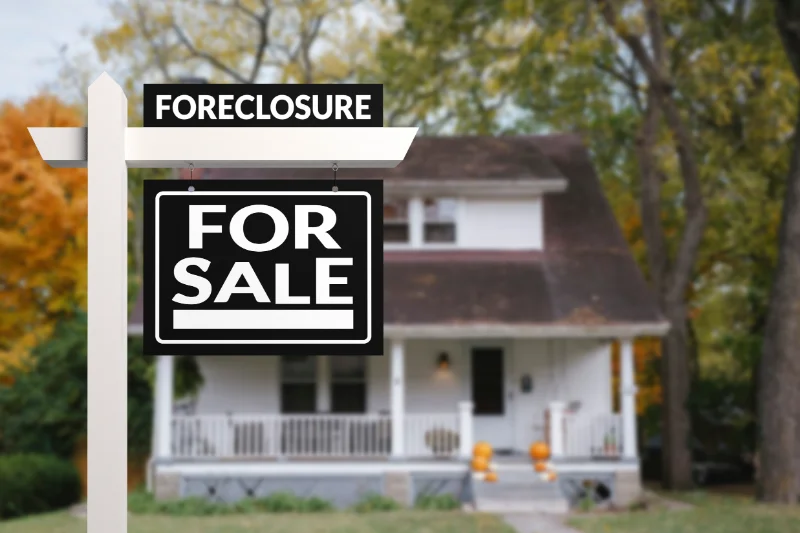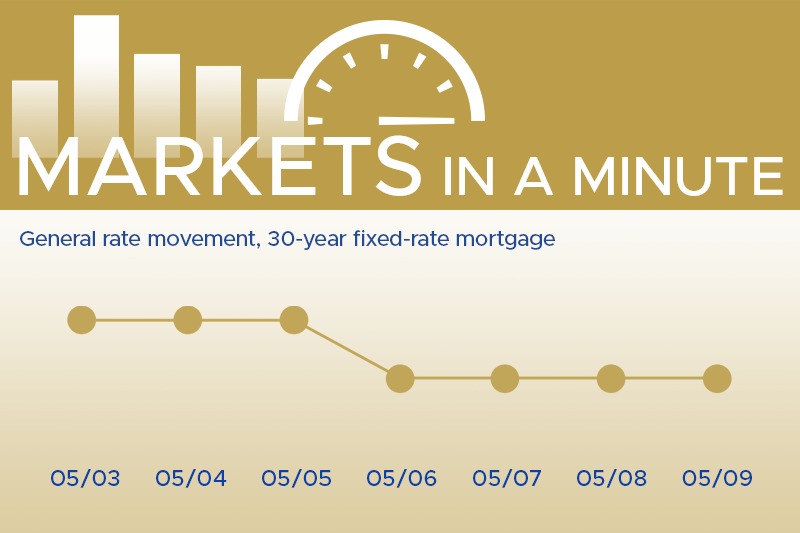As temperatures rise, maintaining your home becomes crucial to ensure comfort and prevent costly repairs…
6 Things Everyone Should Know Before Buying a Foreclosed Home
In today’s real estate market, the prospect of buying a foreclosed home at a considerable discount may be very alluring. However, it’s a good idea to approach foreclosures with caution. Begin by doing plenty of research. Take full advantage of the expertise available from your realtor and Thompson Kane’s mortgage experts. As you begin your research, ask yourself how investing in a foreclosed property aligns with your financial objectives. In addition, how does it align with your personal perspective and preferences?
Start by educating yourself on the foreclosure process
Foreclosures typically emerge from homeowners’ inability to fulfill their mortgage obligations. It will be your responsibility to understand the laws, processes, and terminology that are specific to your state regarding home foreclosures. Familiarize yourself with the key phases of foreclosure and subjects such as pre-foreclosure, auction, trustee’s sale, Real Estate Owned (REO) properties, and more. Each stage in a foreclosure purchase may present tasks and challenges that differ from a conventional home purchase, so this would be a good time to get a real estate agent and mortgage expert onboard.
Be prepared for a fast-moving market
It’s common for good prospects to go under contract before you have a chance to investigate them. This can drive an eager house hunter to overbid or to bid on a property before having it properly inspected. Remember the guidelines and budget you set out for yourself and do your best to stick with them.
Concealed costs
While the initial purchase price may appear to be a great deal, be on the lookout for hidden or additional costs. Foreclosed properties often necessitate substantial repairs and restoration plus ongoing maintenance—expenses that can add up quickly. Be sure to have a home you want to pursue professionally and thoroughly inspected. That will help you gauge whether the property is really a good deal and whether it fits your circumstances.
Financing and fiscal planning
Securing financing for a foreclosed property can be more involved than the process for conventional home buying. There may be added requirements, and if the property is in a state of disrepair, you may be advised to explore renovation loans. Plan a comprehensive budget covering not just the purchase cost, but also allocation for repair outlays, property taxes, insurance, and any other ongoing financial commitments.
Legal complexity
Foreclosure properties occasionally come entwined with legal complexities. You stand to inherit unresolved liens or property-related disputes upon acquisition if the property isn’t thoroughly vetted. These could prove quite costly, so it’s advisable to hire a real estate attorney to review any property you intend to make an offer on. Your attorney can guide you through potential legal entanglements, ensuring a legally sound transaction.
Thorough market inquiry
Engage in a thorough exploration of the local real estate market. Look up the property values prevalent within the neighborhood and gauge the potential for appreciation. Your realtor can be a great resource for market research. Make sure to factor the time you expect to own the home into your financial figuring and long-term planning.
Purchasing a foreclosed property can turn out well, but you need to prepare yourself for significant challenges. By carefully considering the costs and risks inherent in each prospect, you can make an informed decision meticulously tailored to your goals. Collaborating with seasoned real estate professionals, including a real estate agent and an attorney, can help protect you from legal and financial pitfalls. Always remember, the journey towards homeownership may encompass twists and turns, but with diligence and expert guidance, you are likely find success.



